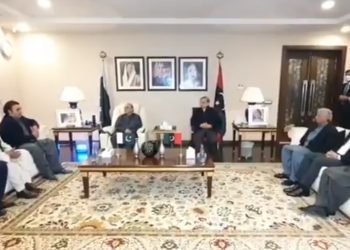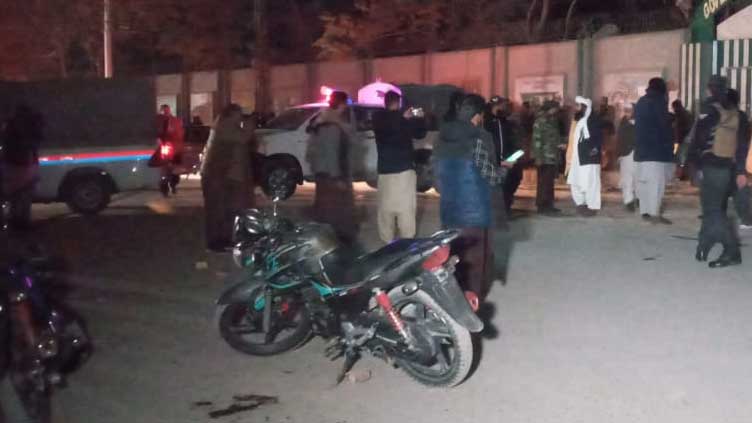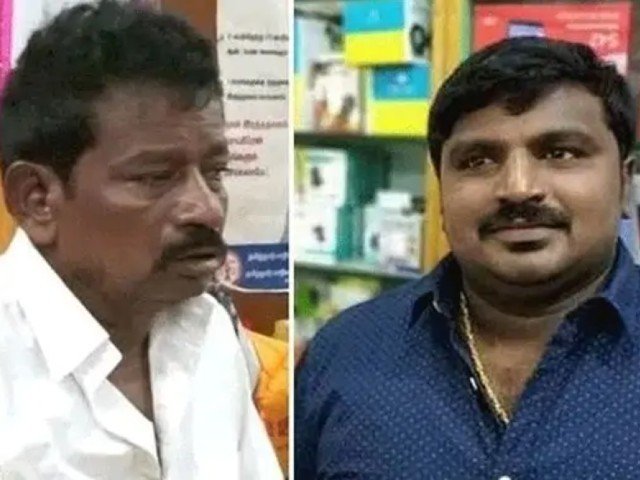The Supreme Court of Pakistan (SC) resumed hearing on a set of three petitions challenging a legislation Supreme Court (Practice and Procedure) Bill 2023, meant to clip CJP powers on taking suo motu action and constitute benches.
The eight-member bench, headed by Chief Justice of Pakistan (CJP) Umar Ata Bandial, comprising Justice Ijazul Ahsan, Justice Muneeb Akhtar, Justice Mazahir Naqvi, Justice Muhammad Ali Mazhar, Justice Ayesha Malik, Justice Hassan Azhar Rizvi, and Justice Shahid Waheed heard the case.
Today’s hearing
At the outset of the hearing, Chief Justice of Pakistan (CJP), Justice Umar Ata Bandial, emphasized the interim nature of the previous court order concerning the independence of the judiciary.
He remarked that democracy and a free judiciary and Centre were important components of the Constitution and that the current case concerned the independence of the judiciary, a fundamental feature of the Constitution.
The top judge expressed his expectation for serious arguments from the parties in the case and stated that the large bench would have to provide excellent assistance due to the law in question being the first of its kind in Pakistan and concerning the third pillar of the state.
The Pakistan Bar Council’s (PBC) lawyer argued that the council had always fought for the rule of law and the judiciary. He suggested that it would be appropriate for a full court to be constituted to hear the case, with no objections to a bench consisting of the seven senior-most judges.
Justice Bandial stated that a judge cannot be prevented from working until the Supreme Judicial Council (SJC) gives its opinion, and cited the same decision made during the proceedings against Justice Qazi Faez Isa.
CJP also acknowledged that complaints against judges were commonplace, including against himself, and pointed out that political matters had “polluted” the environment of the top court.
The lawyer also pointed out that several references had been filed against one of the members of the current Supreme Court (SC) bench and called for Justice Naqvi to be excluded from the bench, although the request was rejected.
In response, the court requested detailed answers from all parties in the case on May 8. The court also sought the parliamentary record of the law as well as the arguments presented in the relevant standing committee.

















































